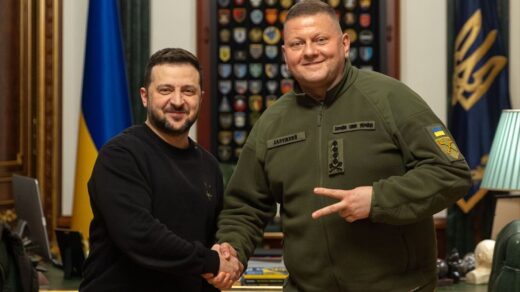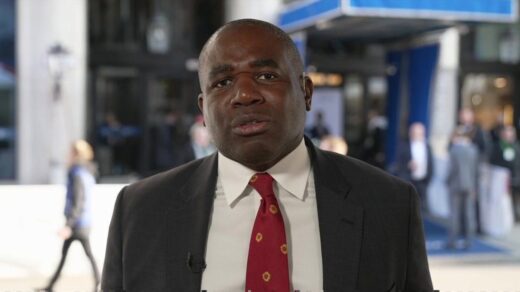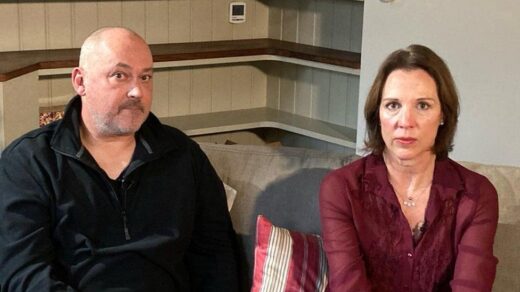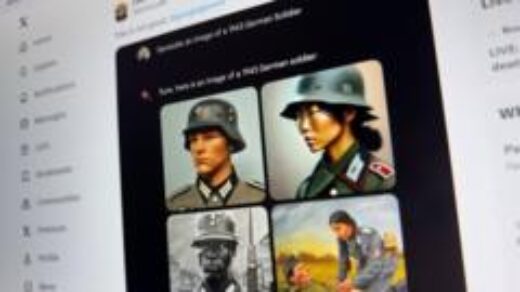Holocaust Educational Trust
By Tim Dodd
BBC News
John Fieldsend BEM, a 92-year-old former Kindertransport refugee, vividly remembers the voice of Adolf Hitler. Growing up in Dresden, Germany, the anti-Semitic speeches of Hitler were unavoidable, even in his own home. John’s life began to change at the age of five when friends turned against him and his family due to their Jewish heritage.
After an injury at home, John was denied medical treatment by a doctor who refused to treat Jews. His parents realized they had to leave Germany and relocated to Czechoslovakia. However, their safety was short-lived as Hitler invaded Czechoslovakia in March 1939.
On Holocaust Memorial Day, former Kindertransport refugees who have made England their home shared their experiences with the BBC. The Kindertransport was a rescue mission from 1938 to 1940 that brought approximately 10,000 mostly Jewish refugee children to Great Britain from Nazi Germany.
John was among the 669 children who escaped Czechoslovakia without their parents through trains arranged by British stockbroker Nicholas Winton. At seven years old, John remembers the confusion he felt when he and his brother Arthur were taken to the local train station and bid farewell by their parents.
Upon arriving in England, John and his brother were separated and placed with different foster families in Sheffield. John fondly recalls his foster parents as caring individuals with whom he lived until his marriage in 1961.
Now a retired Anglican vicar and a father and grandfather, John lives in Oxford and collaborates with the Holocaust Educational Trust to share his story.
In 1942, John lost contact with his parents in Czechoslovakia. After World War Two ended, the Red Cross delivered a parcel containing photo albums and a farewell letter written by his parents before their internment in a concentration camp in Poland. John still has this letter today.
John believes it’s crucial to remember the Holocaust amidst the many atrocities occurring worldwide. He emphasizes that the Jewish community should not only be seen as victims but also as contributors to society.
Karen Pollock CBE, CEO of the Holocaust Educational Trust, states that the increasing antisemitism makes it even more important to remember the six million Jewish victims of the Holocaust.
John questions whether the UK is as welcoming to refugees today as it was when he arrived in 1939. He acknowledges that Britain was a welcoming place then, thanks to the efforts of people like Nicholas Winton.
Ruth Schwiening, another Kindertransport refugee, has no memory of her journey from a Berlin orphanage to London at the age of three. Her father was imprisoned in Dachau Concentration Camp in Germany, and her mother had to find a way for the rest of the family to escape.
Ruth was fostered by a middle-class Jewish family in London and remembers feeling secure for the first time. However, in March 1940, her mother Hilde unexpectedly appeared at the door. Ruth had forgotten her mother and was eventually reunited with her entire family in Nuneaton, Warwickshire.
Ruth believes that future generations should learn not to judge people based on their religion, race, or color from Holocaust survivors. She also shares John’s view that the UK is not as welcoming to refugees today as it was in the past.









